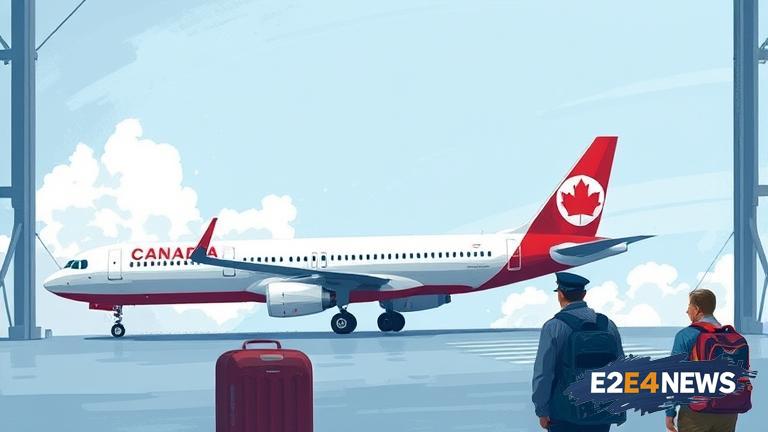The Canadian Transportation Agency (CTA) is currently dealing with a substantial backlog of airline complaints, which has resulted in a significant delay in resolving passenger grievances. According to recent reports, the CTA has received a large number of complaints from air travelers, citing issues such as flight cancellations, delays, and lost or damaged luggage. The agency has acknowledged the backlog and is working to address the issue, but passengers are growing increasingly frustrated with the lack of progress. The CTA has attributed the backlog to a combination of factors, including an increase in air travel demand and a shortage of staff. Despite efforts to hire additional personnel, the agency is still struggling to keep up with the volume of complaints. Passengers who have filed complaints with the CTA are expressing frustration and disappointment with the slow pace of resolution. Many have reported waiting months or even years for their complaints to be addressed, only to receive a response that is often unsatisfactory. The backlog has also raised concerns about the effectiveness of the CTA’s complaint handling process. Some passengers have criticized the agency for being too lenient on airlines, allowing them to avoid taking responsibility for their actions. Others have expressed frustration with the lack of transparency and communication from the CTA, making it difficult for passengers to track the progress of their complaints. The issue has sparked a wider debate about the need for greater accountability and oversight in the airline industry. Critics argue that the current system is failing passengers and that more needs to be done to ensure that airlines are held accountable for their actions. The CTA has responded to these concerns by promising to implement changes to its complaint handling process, including the introduction of new technology and additional staff training. However, passengers remain skeptical, citing a lack of trust in the agency’s ability to effectively address their concerns. As the backlog continues to grow, passengers are turning to social media and other online platforms to share their experiences and seek support from others who have faced similar issues. The situation has also caught the attention of lawmakers, who are calling for greater oversight and regulation of the airline industry. In response to the growing concerns, the Canadian government has announced plans to review the CTA’s complaint handling process and explore options for improving passenger protections. The review is expected to examine the current system and identify areas for improvement, with a focus on increasing transparency, accountability, and efficiency. While the review is underway, passengers are advised to continue filing complaints with the CTA and to seek support from consumer advocacy groups. The situation highlights the need for greater awareness and education about passenger rights and the importance of holding airlines accountable for their actions. As the airline industry continues to grow and evolve, it is essential that the systems in place to protect passengers are also adapted to meet the changing needs of travelers. The CTA’s backlog of airline complaints serves as a reminder of the importance of effective regulation and oversight in ensuring that passengers receive the protections they deserve. By addressing the backlog and implementing changes to its complaint handling process, the CTA can work to restore trust and confidence in the airline industry. Ultimately, the goal should be to create a system that prioritizes passenger needs and provides effective recourse for those who have experienced problems with their air travel. The Canadian government’s review of the CTA’s complaint handling process is a step in the right direction, but more needs to be done to address the underlying issues and ensure that passengers receive the protections they deserve.
